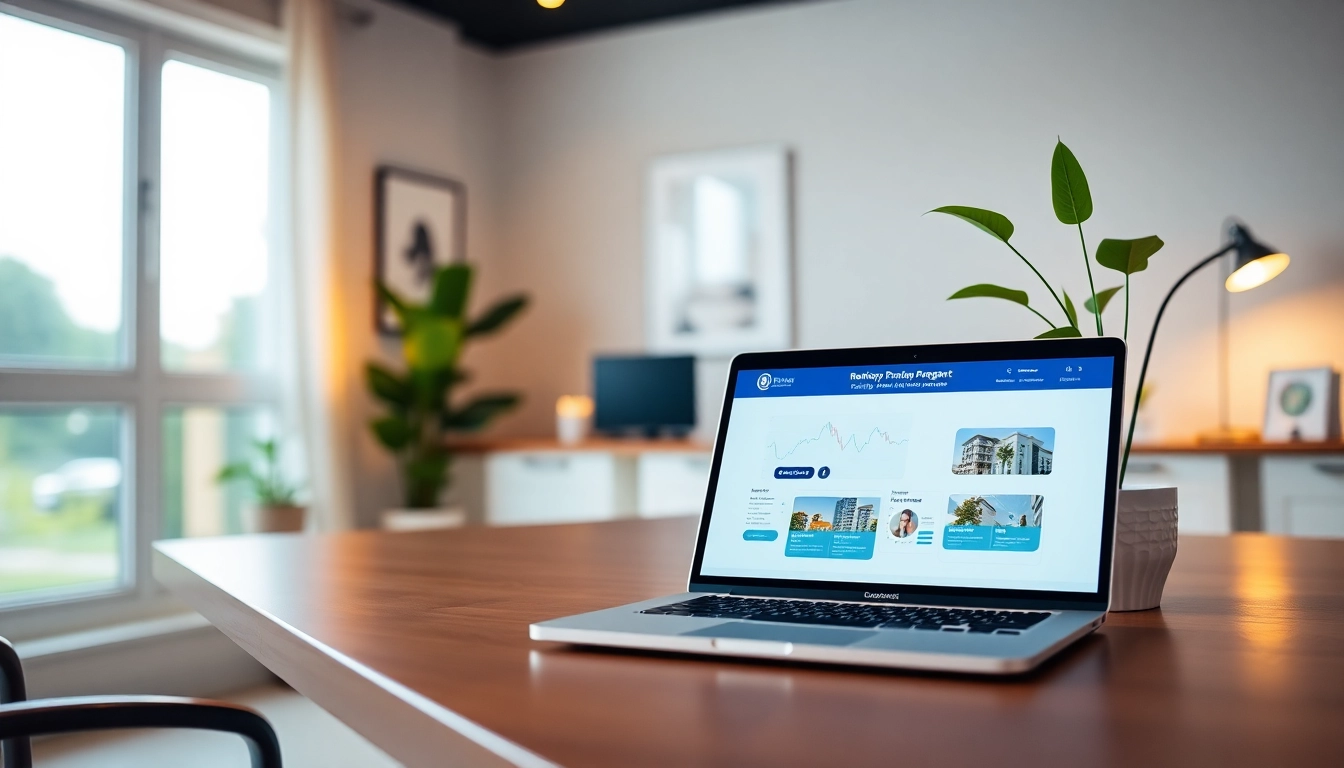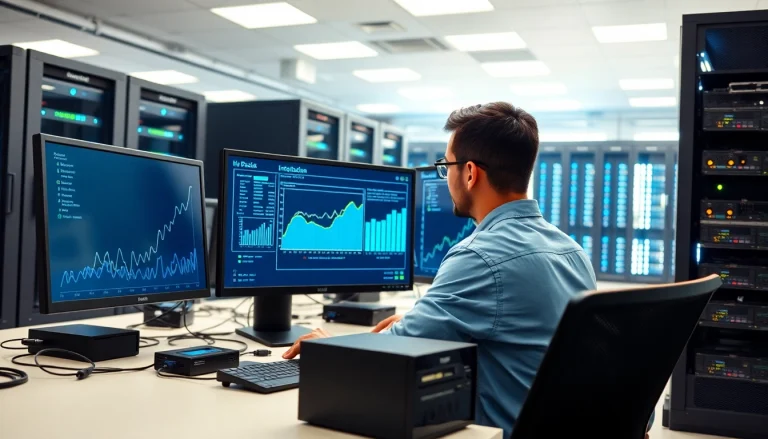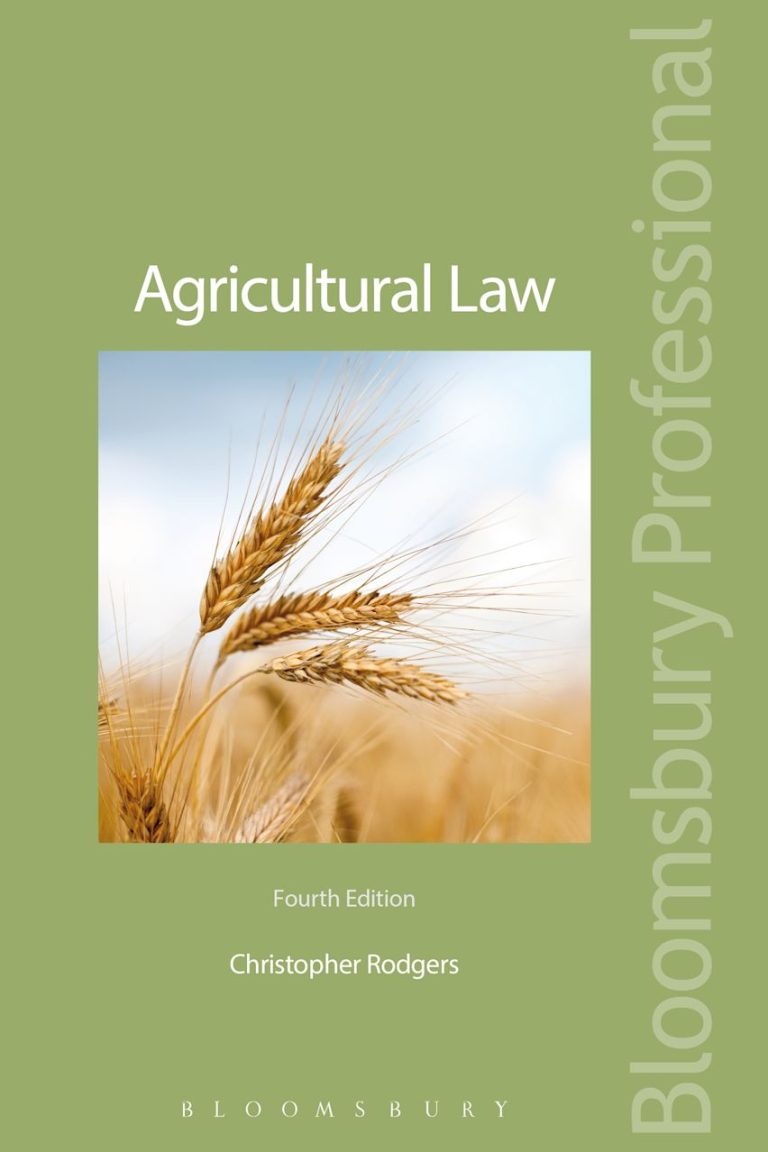
Understanding Rental Property Management
Definition and Importance
Rental property management is the process of overseeing and managing real estate intended for rental purposes. This can include single-family homes, multi-family apartments, and commercial properties. The role of a property manager encompasses various responsibilities, from tenant relations and marketing vacancies to maintenance and ensuring compliance with local laws.
Successful rental property management is essential in today’s competitive market. Landlords may choose to manage properties themselves or hire a professional service to handle property management. Understanding the importance of this field is crucial for maximizing rental income and maintaining tenant satisfaction. An efficient approach not only enhances property value but also fosters long-term relationships with tenants, which is vital for sustaining occupancy rates.
Types of Rental Properties
Rental properties can fall into different categories based on their structure and intended use. Here are the primary types:
- Single-family homes: Usually rented to individual families or groups, requiring less intensive management than larger complexes.
- Multi-family units: Properties like duplexes or apartment buildings, which typically have multiple rental spaces. Management may involve more rigorous tenant screening and lease enforcement.
- Commercial properties: Including retail spaces, office buildings, and warehouses. These require knowledge of different leasing structures and tenant needs compared to residential properties.
- Vacation rentals: Properties rented out temporarily, often on platforms like Airbnb. Management here involves high turnover rates and a focus on hospitality.
Benefits of Professional Management
Engaging in rental property management through a professional can yield extensive benefits:
- Time savings: Property managers handle all day-to-day operations, allowing property owners to focus on other investments or personal endeavors.
- Expertise: Professional management companies employ trained personnel who understand local laws and best practices in tenant relations.
- Tenant screening: Professional managers have systems in place to perform extensive background checks, thus reducing the likelihood of problematic tenants.
- Maintenance and repairs: Property management services maintain a network of reliable contractors, ensuring timely repairs and regular maintenance to keep properties in good condition.
Key Components of Successful Management
Tenant Screening Best Practices
The success of rental property management heavily relies on effective tenant screening processes. The objective is to select tenants who are likely to pay rent on time, uphold lease agreements, and maintain the property. Recommended best practices include:
- Application forms: Use comprehensive applications that collect adequate information about income, rental history, and employment.
- Credit checks: Assess the creditworthiness of potential tenants. A credit score can provide insight into their reliability.
- Background checks: Screen for prior evictions and criminal history, which could indicate potential risks as tenants.
- Reference checks: Contact previous landlords and employers to validate the applicant’s rental history and financial stability.
Lease Agreement Essentials
A lease agreement is a foundational document that outlines the responsibilities and expectations of both landlords and tenants. Essential elements to include are:
- Lease duration: Specify the length of lease, whether it’s a month-to-month lease or for a fixed duration, e.g., one year.
- Rent amount: Clearly state the monthly rent, due dates, acceptable payment methods, and any late fees.
- Security deposit: Detail the amount collected for damage and the conditions under which it can be withheld upon move-out.
- Maintenance responsibilities: Outline who is responsible for repairs and maintenance within the property.
- Termination conditions: Define the process for lease renewal, termination, and eviction to protect all parties involved.
Regular Property Maintenance
Proactive maintenance is critical for preserving property value and ensuring tenant satisfaction. Regular property maintenance involves:
- Routine checks: Monthly inspections can help catch issues before they become major repairs.
- Seasonal maintenance: Prepare properties for seasonal changes; for example, winterizing functions and summer A/C checks.
- Emergency repairs: Establish a system for tenants to report issues, and respond promptly to emergencies such as plumbing leaks or heating failures.
Technology in Rental Property Management
Essential Software Tools
The advancement of property management technology offers significant advantages to both landlords and tenants. Using software tools, property managers can efficiently handle a range of tasks:
- Rent collection: Online systems allow tenants to pay rent electronically, streamlining the payment process and minimizing late payments.
- Tenant communication: Platforms provide portals for easy communication between tenants and management for service requests and inquiries.
- Accounting and reporting: Software solutions aid in tracking income and expenses, helping to prepare for tax season effortlessly.
- Marketing and leasing: Automated listings on various platforms can help fill vacancies more quickly with decreased effort.
Using Automation to Enhance Efficiency
Automation can dramatically reduce the time spent on routine tasks within rental property management. This can encompass:
- Email reminders: Automated messages can remind tenants of upcoming rent due dates or maintenance scheduling.
- Document generation: Lease agreements and other important documents can be generated automatically based on templates.
- Inspection scheduling: Use systems that automatically remind property managers of upcoming maintenance checks or renewals.
Data Security and Tenant Privacy
As technology evolves, property managers must also protect tenant information. Regulatory compliance, especially with laws like GDPR or CCPA, mandates best practices in data security. Measures should include:
- Secure data storage: Utilize encrypted databases to store tenant information safely.
- Access control: Limit access to sensitive information to authorized personnel only.
- Regular audits: Conduct assessments of your data handling processes and update policies to mitigate cybersecurity risks.
Calculating Costs and Revenues
Understanding Management Fees
Property management fees typically range from 8% to 12% of the rental income collected. Understanding the total costs involved can assist landlords in structuring their finances appropriately. Fee structures often vary based on:
- Property type: Residential properties may have different fees than commercial ventures.
- Services provided: Full-service management firms may charge more but cover additional responsibilities, including finding tenants and maintenance.
- Market location: Urban properties might incur higher management fees due to demand and operating costs.
Strategies for Cost Reduction
Effective management can minimize unnecessary expenses. Strategies to consider include:
- Bulk purchasing: Collaborate with service providers for bulk discounts on maintenance and supplies.
- Regular reviews: Periodically assess service contracts to ensure competitive rates and value.
- DIY maintenance: For minor repairs, landlords might consider handling some maintenance tasks themselves to cut costs.
Maximizing Rental Income
To increase rental property revenues, consider these strategies:
- Market research: Continuously monitor market trends to adjust rental prices competitively.
- Enhancing property value: Invest in property improvements that can justify rental increases, such as modern appliances or energy-efficient upgrades.
- Strategic marketing: Use digital platforms to create a strong presence and attract quality tenants quickly.
Measuring Success in Property Management
Key Performance Indicators (KPIs)
Measuring the effectiveness of rental property management requires the establishment of clear KPIs. Commonly tracked metrics include:
- Occupancy rates: Monitor the percentage of occupied units compared to total units.
- Tenant turnover rates: Calculate how frequently tenants leave as a metric for satisfaction and management effectiveness.
- Maintenance response time: Track the average time taken to resolve tenant requests for repairs.
Collecting Tenant Feedback
Engaging tenants for feedback can provide valuable insights. Methods for gathering opinions include:
- Surveys: Short questionnaires can be sent after maintenance work or at lease renewal time.
- Regular check-ins: Scheduled calls or emails can invite open discussions about the tenant’s experience.
Continuing Education and Improvement
The property management landscape is constantly changing, making continued education essential. Opportunities for growth include:
- Online courses: Platform-based learning can keep managers up-to-date with best practices and regulatory changes.
- Conventions and seminars: Networking events allow property managers to share best practices and learn from industry leaders.






